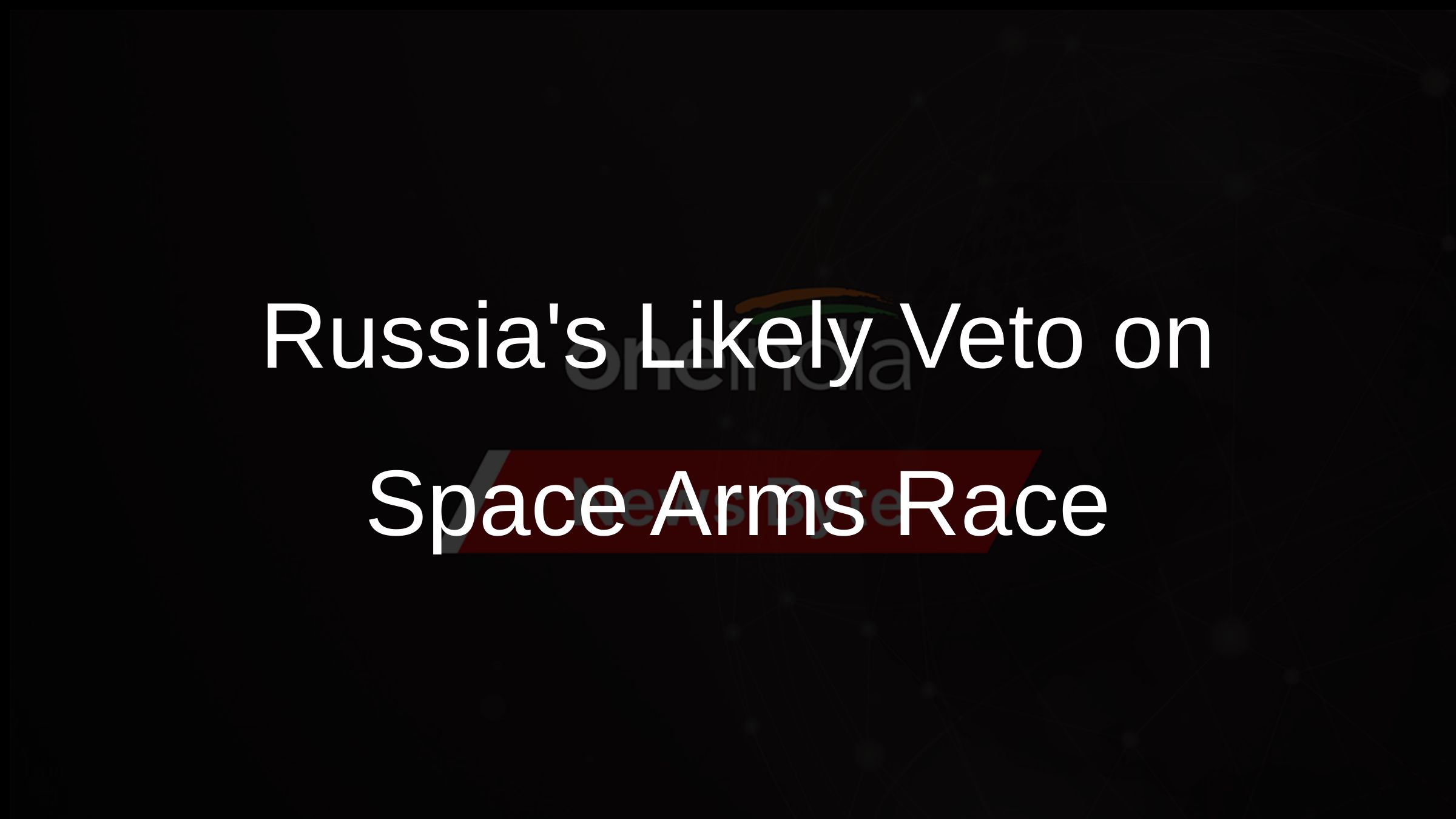Brain activity may explain "placebo effect"
NEW YORK, Aug 2 (Reuters) Individual differences in the area of the brain linked with reward may help explain why some people report pain relief from inert treatments like sugar pills, according to a new study.
This phenomenon, known as the placebo effect, is well known to researchers. In studies that pit an actual treatment against a placebo, or inactive substance, some placebo recipients will inevitably report feeling better.
But the question remains whether this represents a purely psychological reaction, or whether some people have an actual physical response to substances they believe will make them better.
In the new study, researchers found that people who expected to get pain relief from a treatment showed greater release of dopamine in the part of the brain called the nucleus accumbens.
Dopamine is a chemical messenger and its activity in the nucleus accumbens is related to reward anticipation. In this study, people who expected a reward from their pain treatment showed a greater dopamine response.
In turn, they were more likely than other study participants to report pain relief -- even though they all received a placebo.
The findings, published in the journal Neuron, build on evidence that there is a physiological component to the placebo effect.
In a previous study, the same research team found that, true believers, a placebo ''painkiller'' triggered the brain to release natural pain-relieving substances called endorphins.
Dopamine itself is unlikely to have pain-relieving effects, said Dr. Jon-Kar Zubieta, a neuroscientist at the University of Michigan in Ann Arbor who was the principal investigator in both studies.
But, he told Reuters Health, its activation does appear necessary to spur the release of endorphins.
Zubieta and his colleagues obtained their findings using two different brain imaging techniques. In one phase of the study, they used PET scans to chart dopamine activity in the brains of 14 healthy volunteers before and during a painful injection of saline solution. Next, the volunteers were told they would receive a second injection that contained either a pain reliever or a placebo; all, in fact, received a placebo.
Before they received the sham treatment, the volunteers were asked to guess how much pain relief they'd get from the injection.
Overall, Zubieta's team found, participants who anticipated a strong benefit showed increased dopamine activity as soon as they were told the therapeutic injection was coming.
In a second part of the study, the researchers used functional MRI scans to examine brain cell activity in the nucleus accumbens as the volunteers played a gambling game that involved cash rewards.
As in the pain-relief experiment, participants who expected a windfall showed greater activity in the nucleus accumbens. And these were the same people who tended to be ''placebo responders.'' Understanding the processes that generate the placebo effect is important, Zubieta said, because it might be possible to affect these natural mechanisms for therapeutic purposes.
In clinical trials, researchers try to minimize the placebo effect so they can clearly see if the drug or other intervention they are testing is effective.
But
in
other
instances,
Zubieta
explained,
it
would
be
better
to
enhance
the
placebo
effect,
so
we
can
''take
advantage
of
our
own
capacities
to
modulate
our
own
bodily
responses.''
Reuters
CS
GC0915


 Click it and Unblock the Notifications
Click it and Unblock the Notifications




